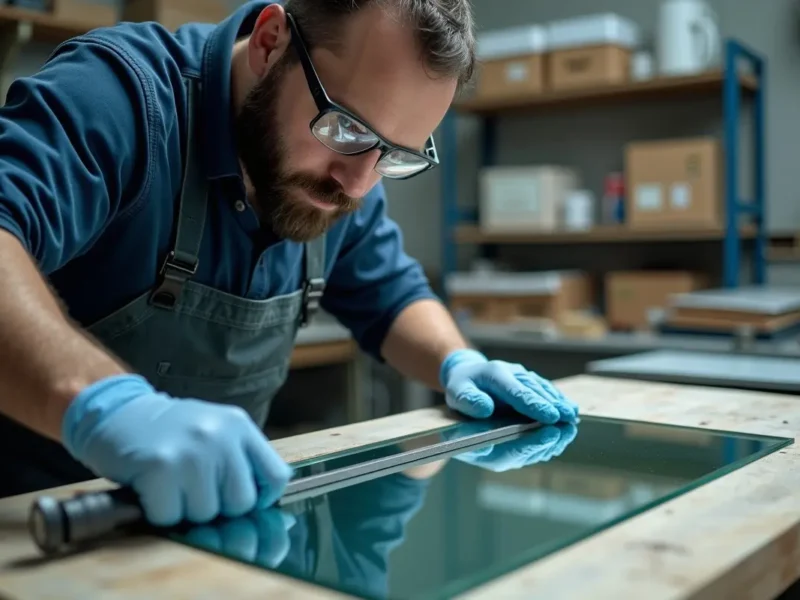History is often perceived as a collection of events that transpired in the past, confined to the pages of textbooks. However, its relevance extends far beyond mere chronicles of bygone eras.
History serves as a powerful beacon, illuminating the present and providing invaluable guidance for the future.
By examining the patterns, lessons, and achievements of those who came before us, we gain insights that inform our decisions today and shape the trajectory of tomorrow.
Contents
Understanding Patterns
One of the primary ways history illuminates the present is by revealing patterns that repeat across time.
The ebb and flow of civilizations, the rise and fall of empires, and the cyclical nature of economic trends are all discernible through a historical lens. By recognizing these patterns, we can anticipate potential outcomes and make informed choices to navigate contemporary challenges.
For instance, the economic recessions of the past teach us about the importance of fiscal responsibility and the need for robust regulatory frameworks.
The collapse of civilizations reminds us of the fragility of societal structures and the significance of fostering unity in the face of internal and external threats.
Through the lens of history, we gain a nuanced understanding of the consequences of our actions, enabling us to make decisions that align with sustainable progress. If you want to learn easily about history, visit History Defined.
Learning from Mistakes
History is replete with examples of triumphs and failures, offering a treasure trove of lessons for the present generation.
Studying historical mistakes allows us to avoid repeating them, fostering an environment of continuous improvement.
The devastating consequences of wars, the human cost of intolerance, and the pitfalls of unchecked power all serve as cautionary tales.
By acknowledging historical missteps, societies can develop empathy, tolerance, and a commitment to diplomacy over conflict.
The lessons of the past guide us in constructing more equitable and just systems, steering away from the pitfalls that have plagued civilizations throughout time. History, in this sense, is a wise teacher, imparting wisdom that can shape a more enlightened present and future.
Cultural Identity and Values
Examining the past also enables us to understand our cultural identity and values, providing a foundation for collective growth.
By tracing the evolution of societies, we gain insights into the shared beliefs, traditions, and ideologies that shape our present reality. This understanding fosters a sense of continuity and connection with the past, anchoring us in a rich tapestry of heritage.
In a rapidly changing world, where the forces of globalization and technological advancement can sometimes erode cultural identities, history becomes a touchstone.
It reminds us of the importance of preserving our unique narratives and traditions while embracing the benefits of progress.
By maintaining this delicate balance, we ensure that the tapestry of human history continues to weave a story of diversity and resilience.
Innovations and Progress
Another crucial aspect of history that guides the present and future is the narrative of innovations and progress.
Throughout time, societies have witnessed groundbreaking inventions, scientific discoveries, and technological advancements. Understanding how these innovations shaped societies and economies provides a roadmap for navigating the complexities of our modern era.
From the Industrial Revolution to the Information Age, history showcases the transformative power of human ingenuity.
By studying the successes and challenges associated with past innovations, we can make informed decisions about embracing and regulating emerging technologies.
History, in this context, becomes a source of inspiration, encouraging us to harness the potential of innovation while mitigating its unintended consequences.
Guiding the Future
Ultimately, the illumination provided by history serves as a compass, guiding us toward a future shaped by the wisdom of the past.
Through a thoughtful examination of historical narratives, we can identify opportunities for positive change and develop strategies to overcome the challenges of today. History equips us with the tools to build societies that are not only prosperous but also compassionate and just.



